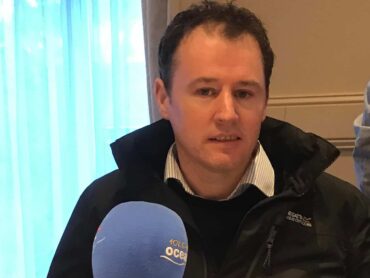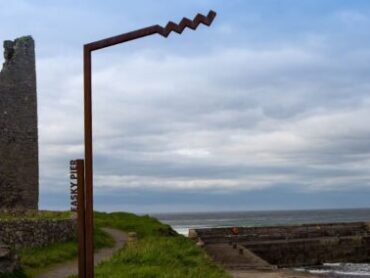Increasing rates is the latest challenge to face businesses in rural Sligo following the decision by councillors yesterday to move toward having the same rates throughout the entire county.
Most of the ratepayers in the rural area of County Sligo face increases of between fifty cents and €100 this year.
But one councillor says most will be paying less than €50 more.
With Sligo Borough Council abolished, the county council is now the only local authority in the county.
And under the law, county councillors must start the process of having the same commercial rate for property owners throughout the entire county.
It had been proposed in the budget agreed by councillors yesterday to harmonise the rates over the next five years, with the target rate in the euro eventually to be €66.95.
However, councillors decided instead to spread it out over the next eight years.
It is this figure, calculated in conjunction with the so-called rateable valuation of commercial property owned, that determines how much businesses must pay in rates to the council.
The changes agreed by councillors yesterday mean that in coming years there will be a small gradual lowering of rates in the Sligo town area and a small gradual increase in the rural county area.
The current rate in the former borough council area is €68.76; this year it will be €68.40.
In the county area, the current rate is €64.43; the rate for the coming year will be €64.93.
According to the county council’s budget plan for 2017, it will mean 92% of commercial ratepayers in the county will be paying between fifty cents and €100 more per year.
But with the time for the harmonisation for the rates now to be extended over eight years rather than five, the increases for the rural area and the reductions in the urban area are likely to be even lower.
However, many businesses in rural areas are facing uncertainties, such as that generated by Brexit.
And as Gearoid Surlis of SuperValu in Tubbercurry told Ocean FM, what they need now is fewer bills and more people stopping in their towns:







